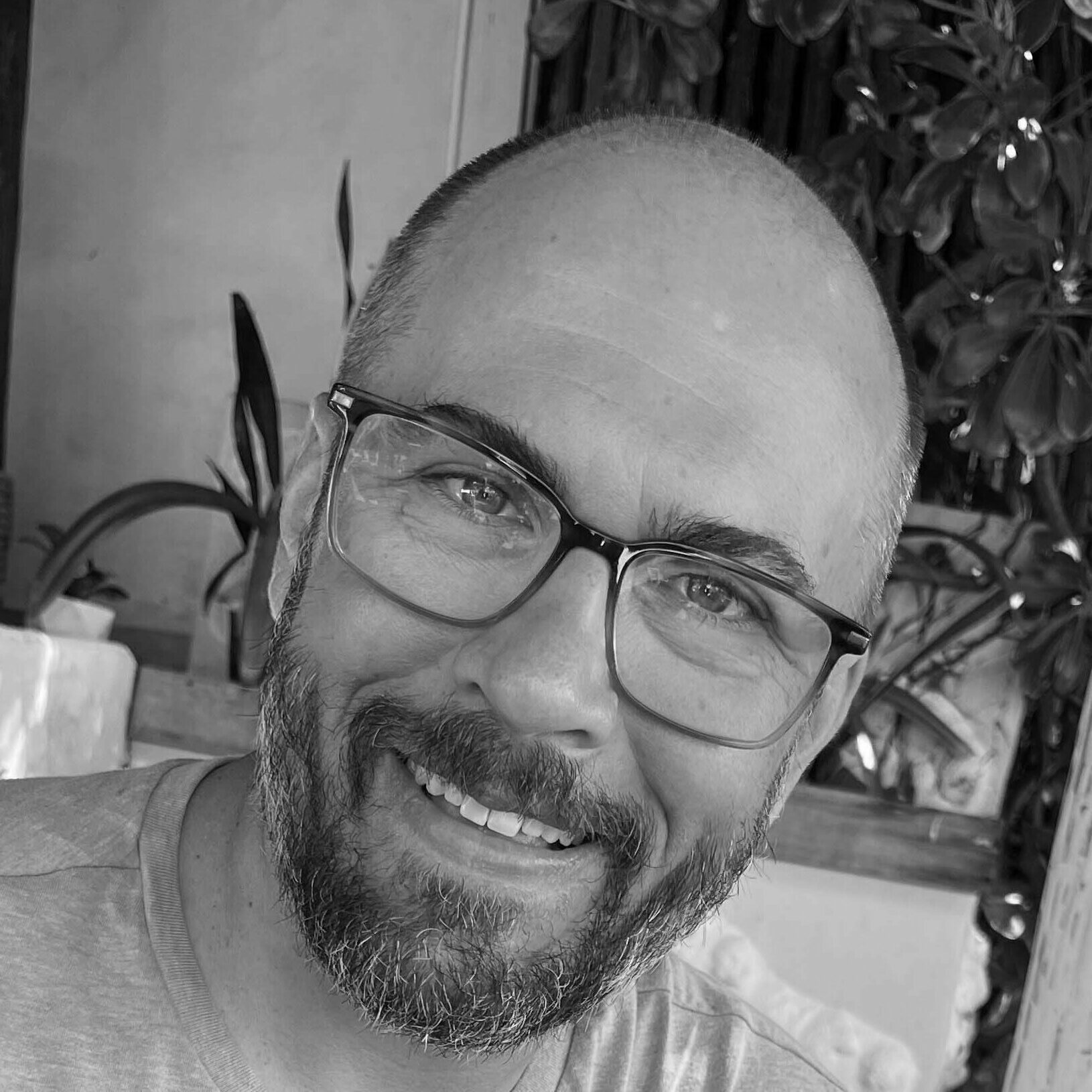
Scott Winkler
Author
Scott Winkler
Over the twenty-year history of the Rising Phoenix contest, Scott Winkler has been featured several times. He was published by Sheepshead Review in Spring 2006, winning the Rising Phoenix contest with his nonfiction piece “Winter.” Winkler then returned as a judge for the Rising Phoenix contest both in 2010 and 2024.
Scott Winkler is an author, scholar, father, and high school teacher at Appleton East High School in Appleton, Wisconsin. He earned his undergraduate at St. Norbert College and went on to get his MA and Ph.D. in English from the University of Wisconsin-Milwaukee. He has been published in a multitude of other journals, such as The Journal of Popular Culture, Elysian Fields Quarterly, and Contemporary Literary Criticism. Additionally, he has released a collection of short stories, The Wide Turn Toward Home, and a historical fiction novel, The Meadow.
Invisible wounds. We may think we’ve buried them in a place from which their sting can no longer reach us, but it does. Such wounds cut deeply, linger, metamorphose, and when they eventually surface, their consequences are dire. Such wounds motivate The Meadow, a work of literary historical fiction set in America’s heartland.
The novel is set in 1968, where Walter Neumann is torn between two visions for his future: his own, which finds him attending college and pursuing a scholarly life, and his father Otto’s, which envisions Walt serving in Vietnam as Otto had served in World War II. An unexpected accident allows Walt to follow his dream, but his relief is temporary as long-hidden family secrets come to light, threatening to shatter the world as Walt knows it.
The Wide Turn Toward Home is a novella and short fiction collection by Scott A. Winkler. Baseball becomes a lens and a barometer for exploring the lives of the characters who experience the magic and pain of hope, loss, and understanding themselves in the world in which they attempt to function. Unexpected moments catch them off-guard and compel them to make very difficult choices, as in the title novella, where an aging ballplayer must choose between the game he loves and running the family farm. Most of the stories in the volume occur in a distinctly midwestern Wisconsin setting. Mr. Winkler’s stories are written in precise prose that possesses an ear for both the honesty of a story well-told and the music of language. The result is a collection of work that makes the stomach believe.
At the time, I had just finished coursework and prelims for UW-Milwaukee’s doctoral program in English with a Creative Writing Emphasis. I’d had a handful of pieces–short stories, poetry, and academic articles–published in journals (Elysian Fields Quarterly, Spitball, Verse Wisconsin, The Journal of Popular Culture). Graduate work had proven motivational in helping me find my voice and follow through on taking the risk to share it beyond the small circle of readers and instructors who’d been my audience. I had a completed manuscript for my collection of baseball fiction, and I was also beginning the earliest work on my novel.
As I’m someone with diverse interests, it’s taken off in multiple directions. In 2008, my collection of stories The Wide Turn Toward Home was published, and ten years later, my novel The Meadow was published. Along the way, I’ve authored articles for Music in American Life: An Encyclopedia of the Songs, Stars, and Stories That Shaped our Culture, ghostwritten forewords and introductions to multiple books,and created study materials for teachers-in-training through 240 Tutoring. I’m also working on the follow-up to The Meadow, In the Field, and am working to edit and prepare for posthumous publication the manuscripts of Tom Myers, my undergraduate major professor/mentor/figurative father/friend.
Judging this year’s Rising Phoenix Contest was an honor. To be entrusted with the entries your staff had identified as finalists was a task I took very seriously. As a writer and lover of words and ideas, I was well aware of not only the time but also the mental and emotional capital invested in those pieces. Reading the pieces also gives me hope that a new generation of writers is already stepping up to make its mark on the world of letters and, by extension, the worlds they simultaneously capture and transform.
Read as much as you can–widely and deeply and for every purpose under the sun. Write regularly. Foster your love of language and ideas–and never, ever apologize for it. Find the writer (or a small handful of writers) you love most and dive down the wormhole of discovering why you love that author’s work; you’ll learn as much about writing (and yourself) through such exploration and examination as you do from gifted teachers. Imitate the writers you love–stylistically and structurally–until you reach that point when you realize that doing something the way Writer X does it may work but it doesn’t work for you. The fingerprints of that writer will still be evident in the creases and the shadows of your work, but in the process, your work will truly become yours.